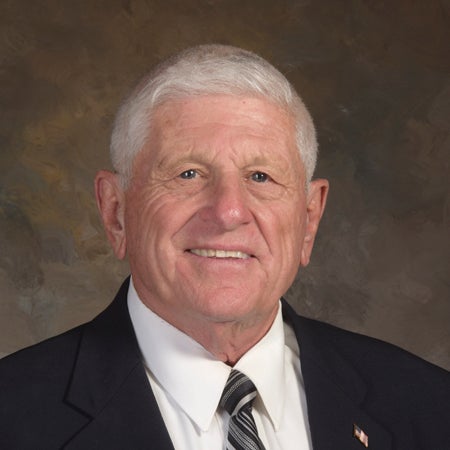State finance reform needs clear
Published 12:18 am Saturday, October 23, 2010
The 2010 elections are right around the corner. It is obvious because you cannot turn on the television, listen to the radio, look at the mail, or open a newspaper without seeing some sort of political ad.
Gone are the days when somebody like Big Jim Folsom had a flatbed truck stopping in town after town, with the Strawberry Pickers band playing “Y’all Come” and him on the back with a microphone talking directly to a gathering crowd. Back then, people saw political events as entertainment, much like the movies or theatre. They wanted and expected to see the folks they were voting for, and incredibly enough looked forward to meeting the candidates personally.
We lead much different lives now. Family activities and our work responsibilities take up more and more time. We are as a people much more scattered, and rarely do we gather in larger crowds. Candidates worth their salt still go out and meet voters during the campaign. Yet, since the pace of life has picked up so quickly, it is difficult to find a time and place to talk directly to voters. It’s just a fact of modern life.
That is why politics has grown to rely on contacting voters directly through the media. That is why political campaigns have grown increasingly expensive, and that campaign finance has become the number one ethics issue of our time.
Alabama has the most expensive Supreme Court races in the nation, by far. The national and state press has heavily criticized the staggering sums that are used to elect a Supreme Court justice, saying that the millions spent on those races damages the perception of impartiality critical to a judicial system.
For example, right now there is a growing sense that BP and other oil giants with present and future business in the court are moving large sums of money into those races. There are still many issues for the state supreme court to decide when it comes to the oil spill, and yet BP funding flows to court candidates that they obviously feel will be favorable justices to them.
We saw this when the Supreme Court ruled against Alabama when it took on Exxon a few years back. A jury had found Exxon had deliberately cheated the state out of millions on state offshore wells, and demanded the company pay taxpayers $3.6 billion as a penalty. As we have seen with the recent Gulf spill, the sum was not very big for an oil giant.
Yet the Alabama Supreme Court threw out the verdict twice. As it turns out, Exxon was very active in plying campaign cash to some of the justices’ election bids. While there is absolutely no evidence there was a direct relationship between campaign contributions and court rulings, it certainly taints public perception.
There are important state Supreme Court races this election. Chances are you will not know who has funded the campaigns of those candidates, a critical fact to know before you go into the voting booth.
Campaign finance reform has been the number one ethics battle over the past four years. Rep. Jeff McLaughlin has been sponsoring a bill that would clean up the worst practices. McLaughlin’s bill bans the legal laundering of campaign contributions through political action committees, called PACs. After years of dedication, McLaughlin’s PAC-to-PAC transfer ban has passed the House easily, only to get stonewalled in the Senate.
McLaughlin doesn’t accept PAC money. He is recognized as the champion of ethics reform. Yet in his re-election bid he is being attacked right now on, you guessed it, the false charge he takes special interest money. No one really knows who is attacking him because those contributions have been laundered through PACs, the same practice he has worked to ban.
Now that media plays such big role in elections, it is critical for voters to separate fact from fiction, and importantly, to know where the money comes from to pay for it.
AJ McCampbell is a state representative for Marengo County.




